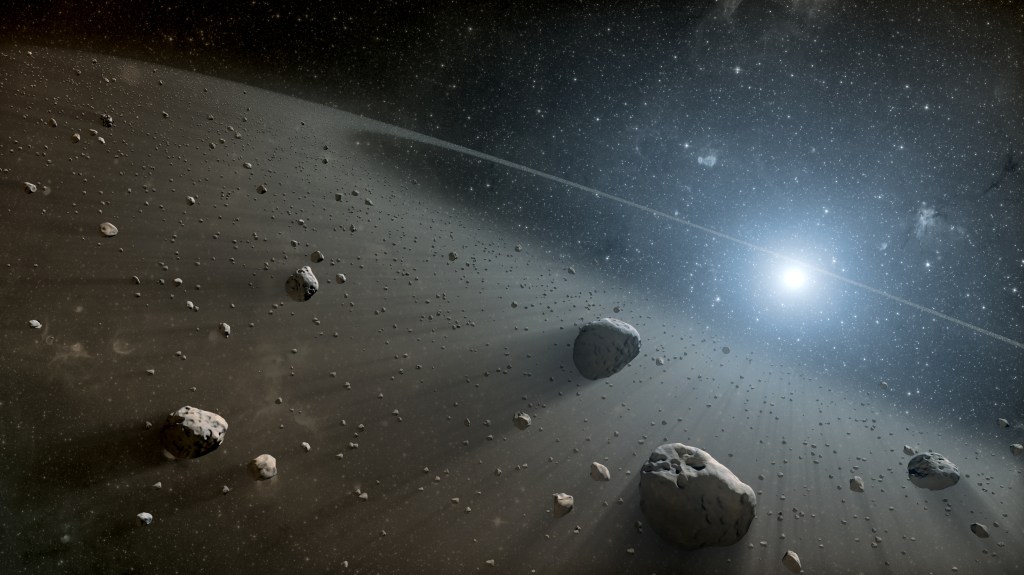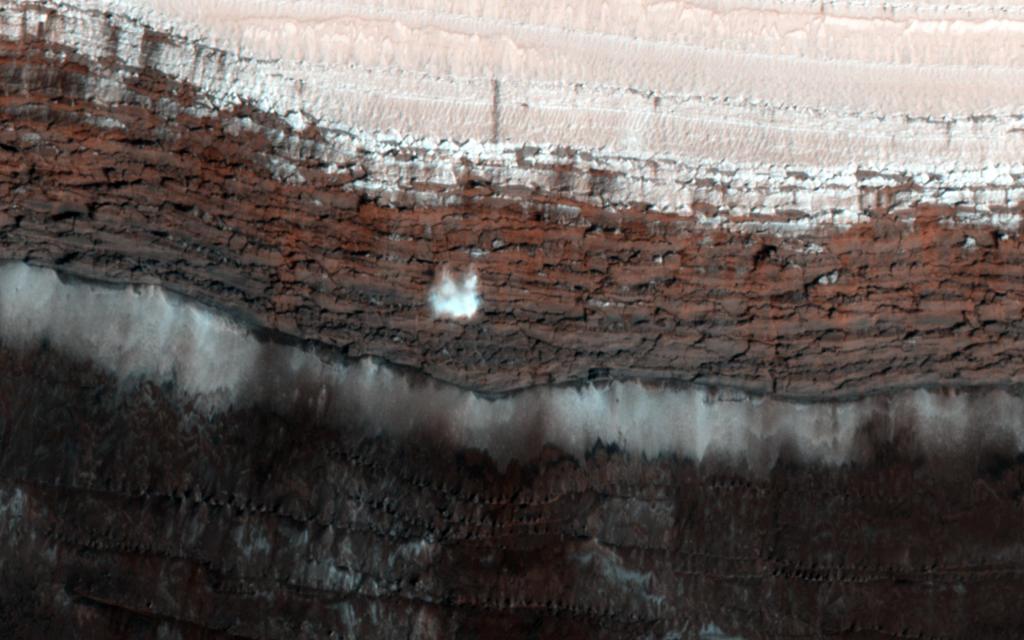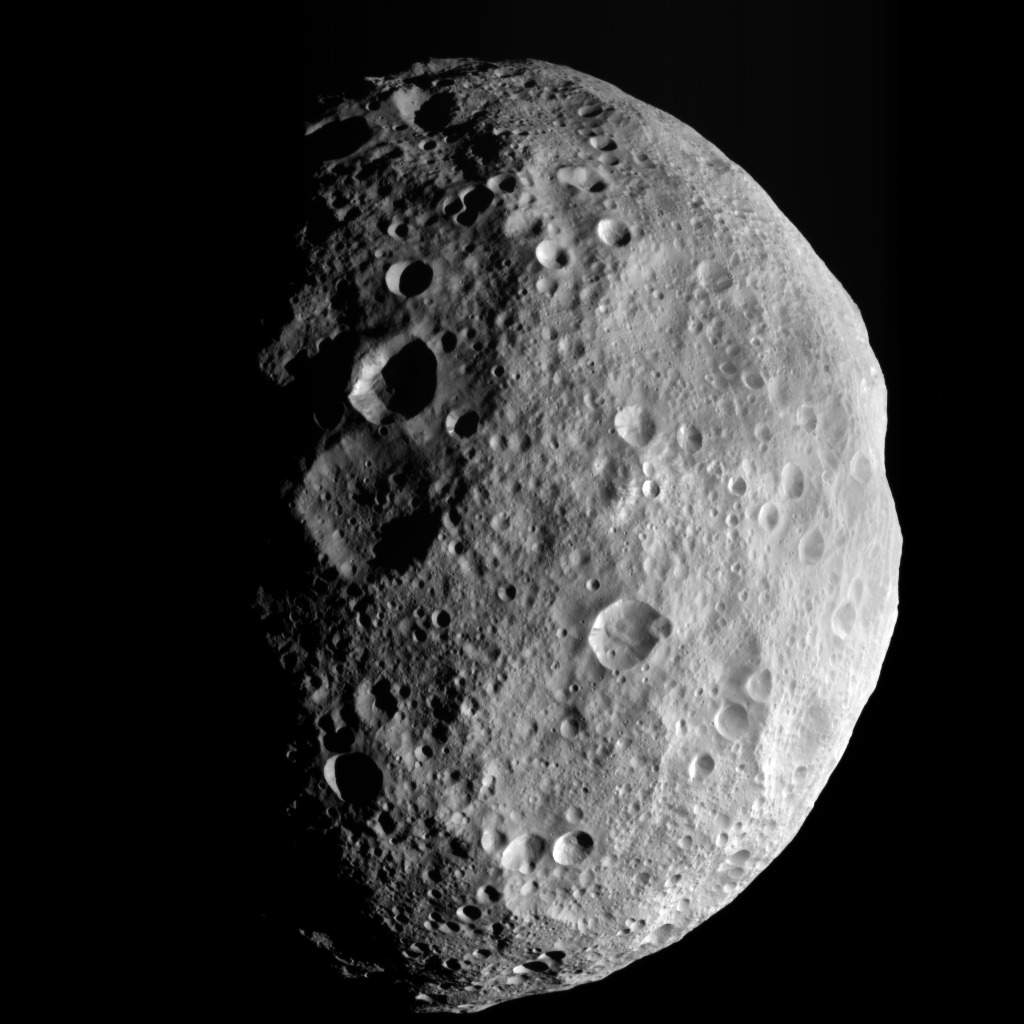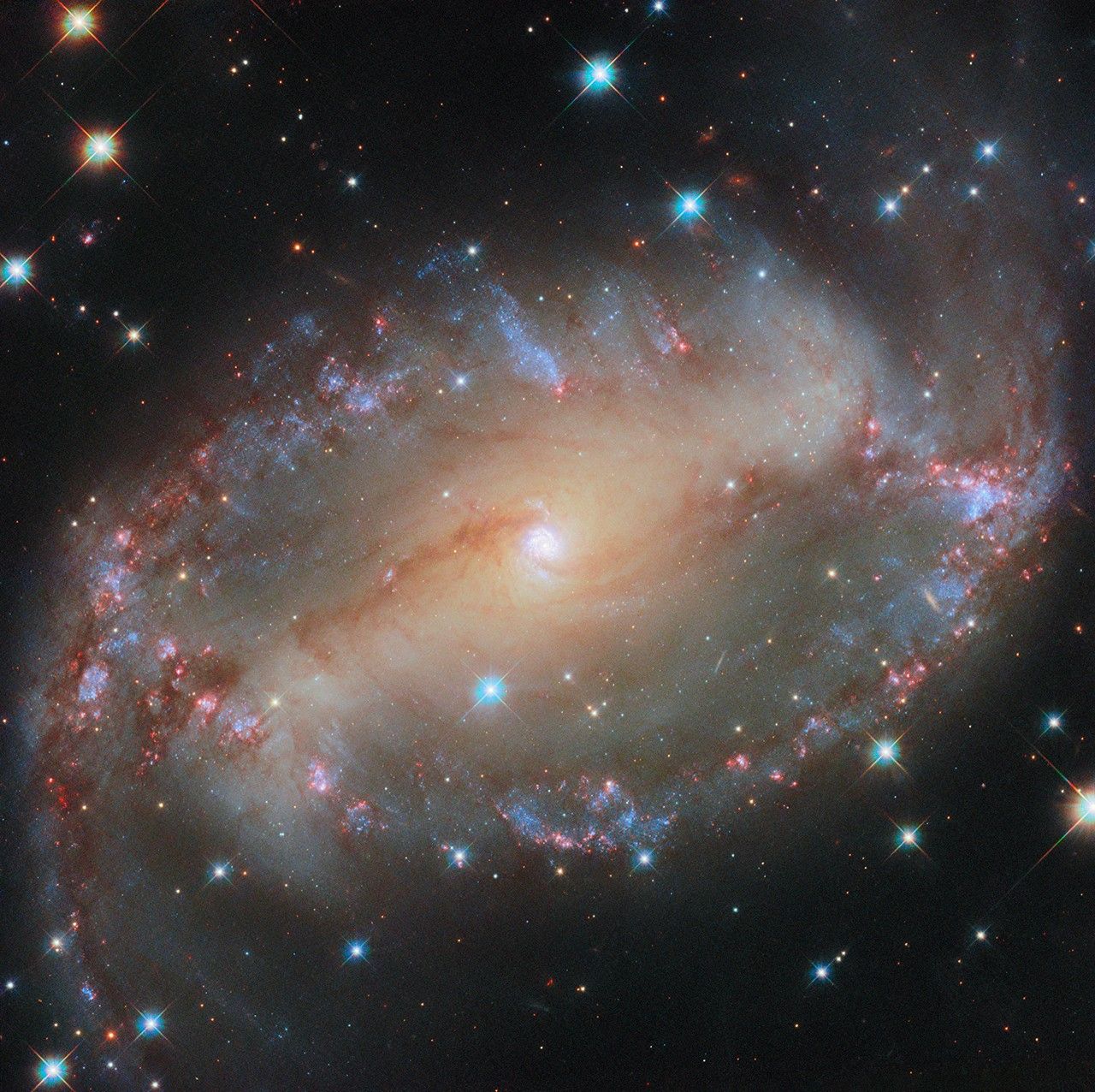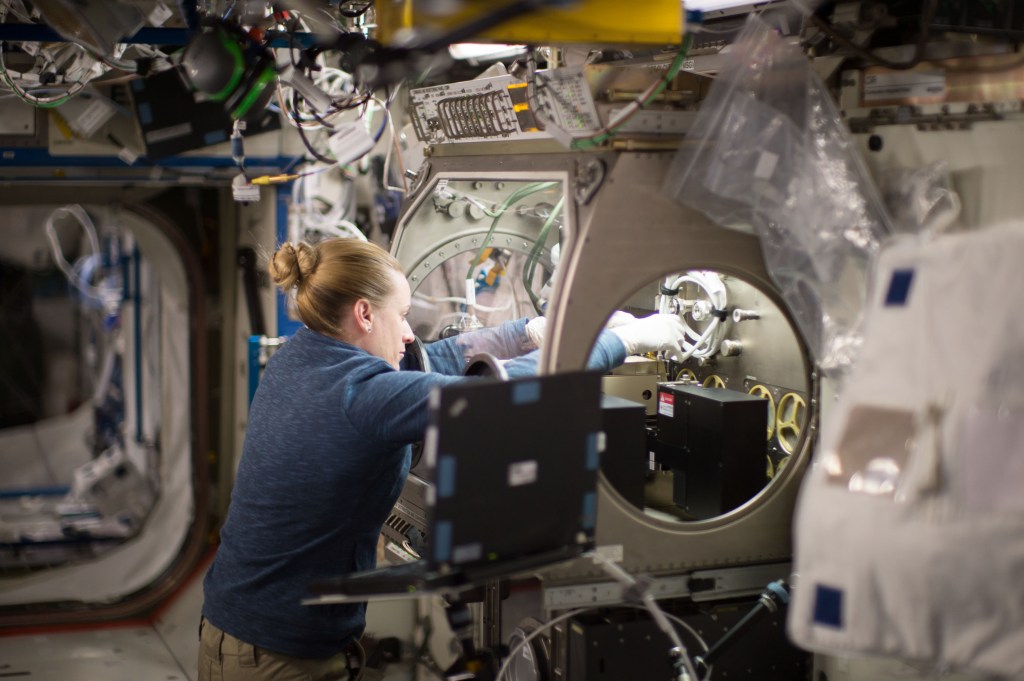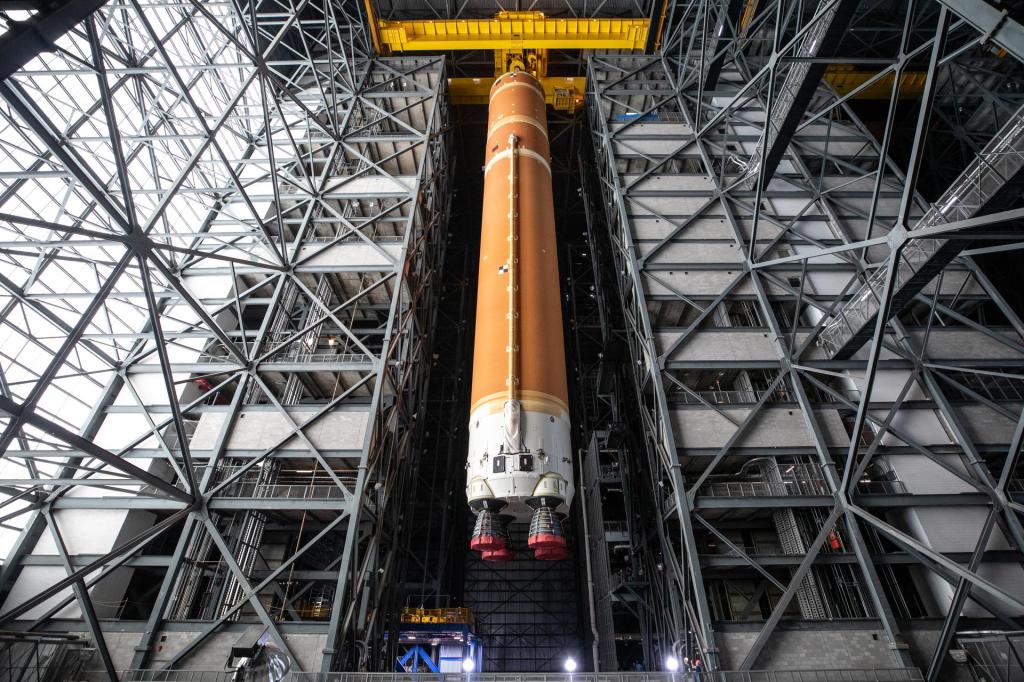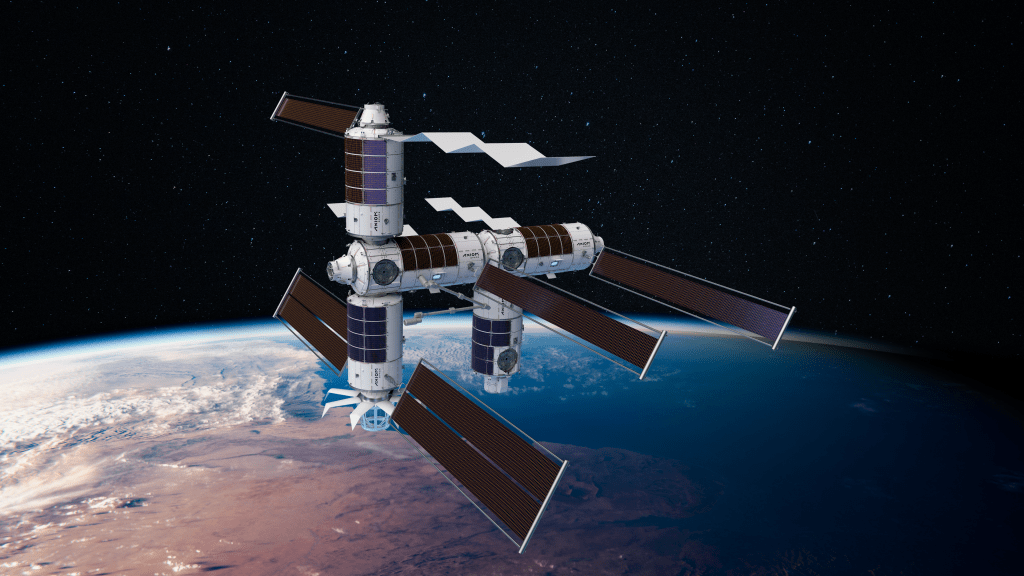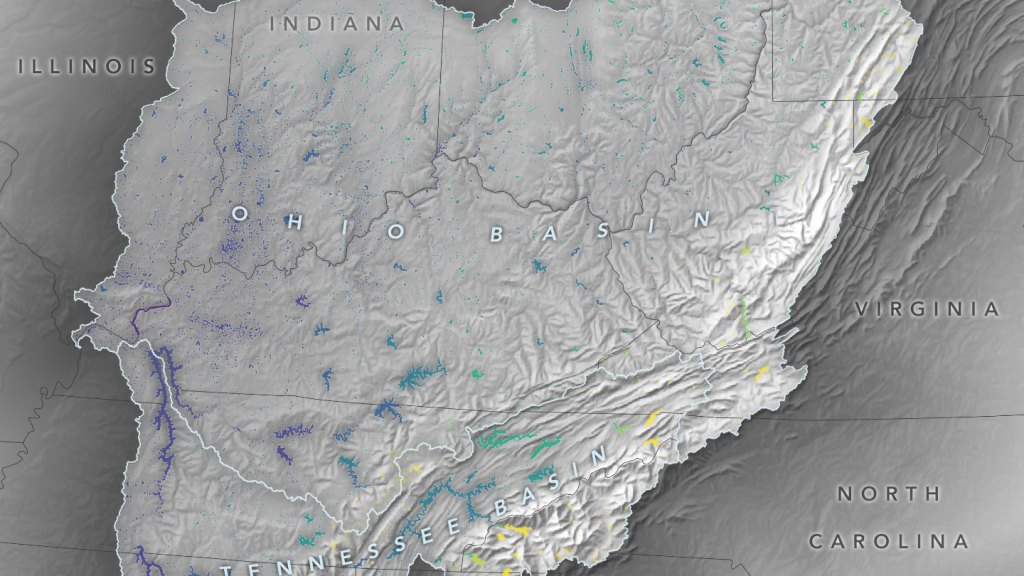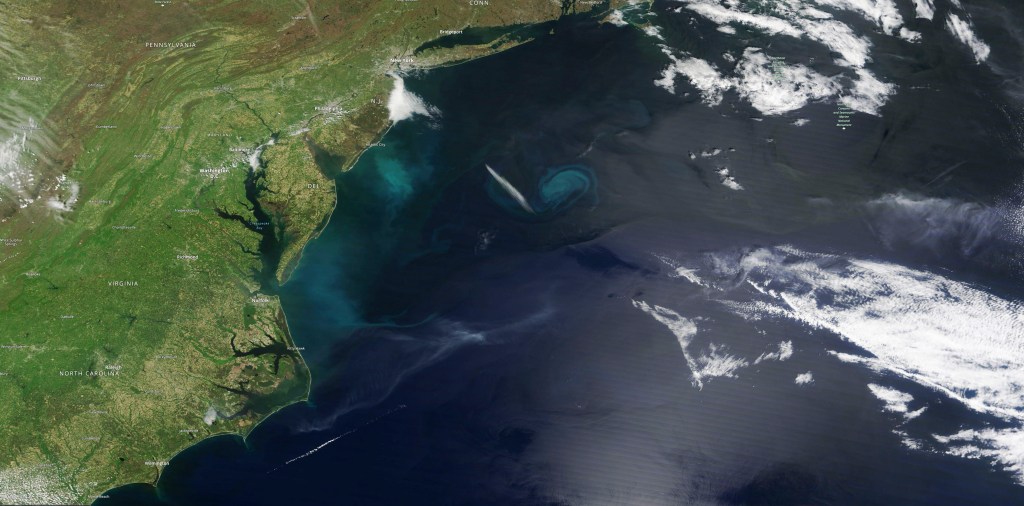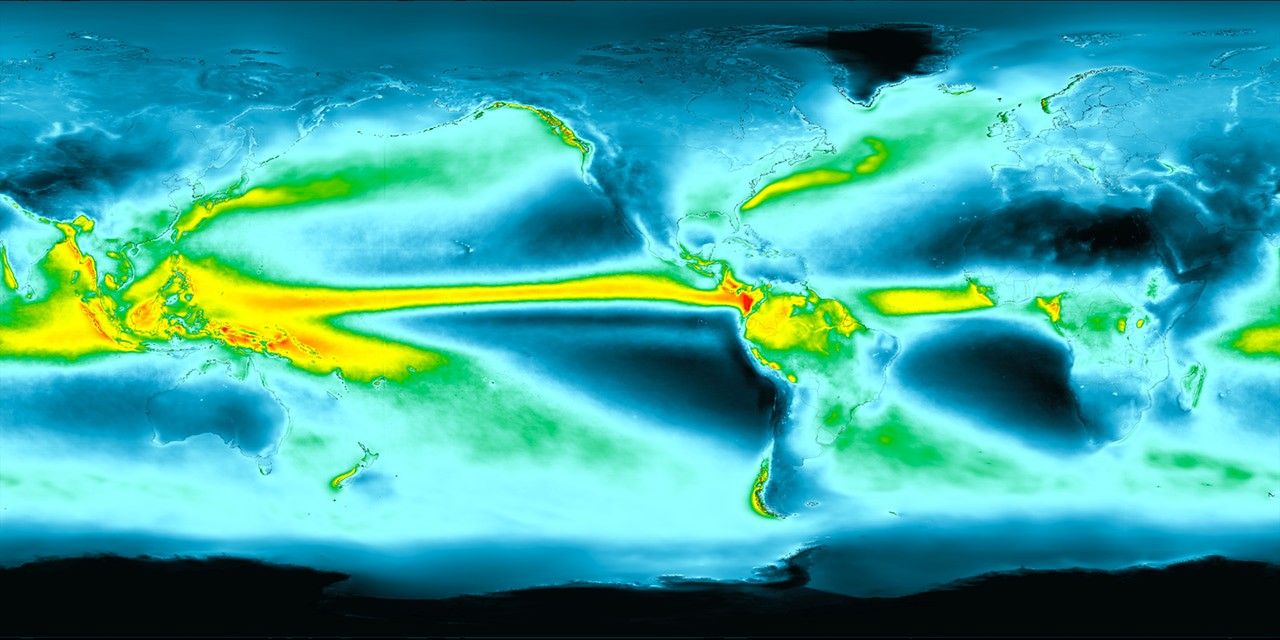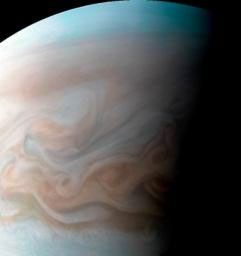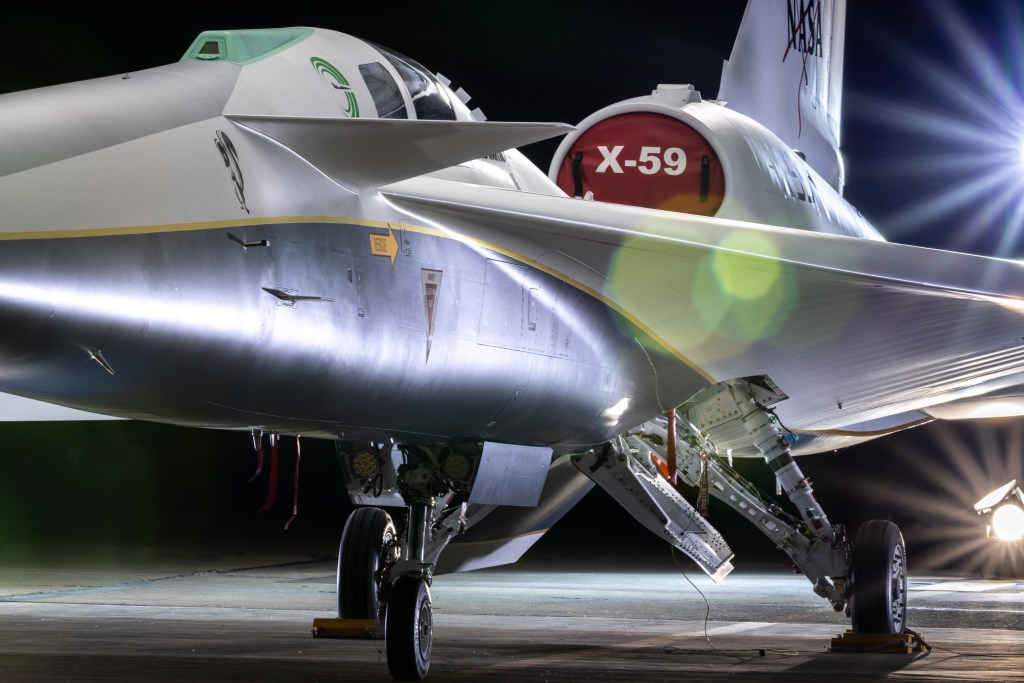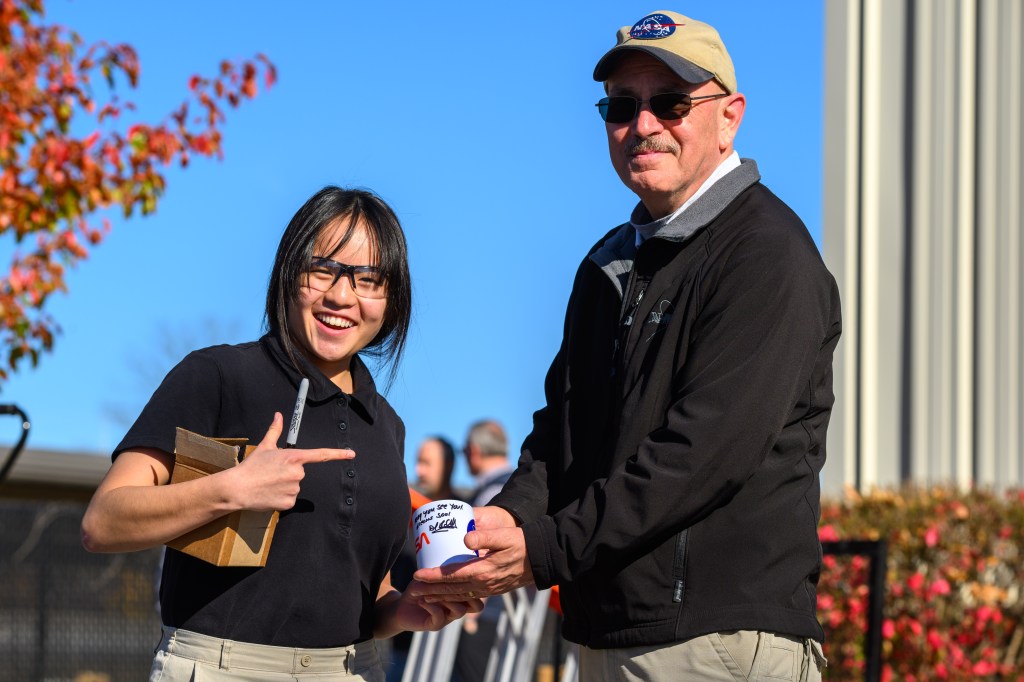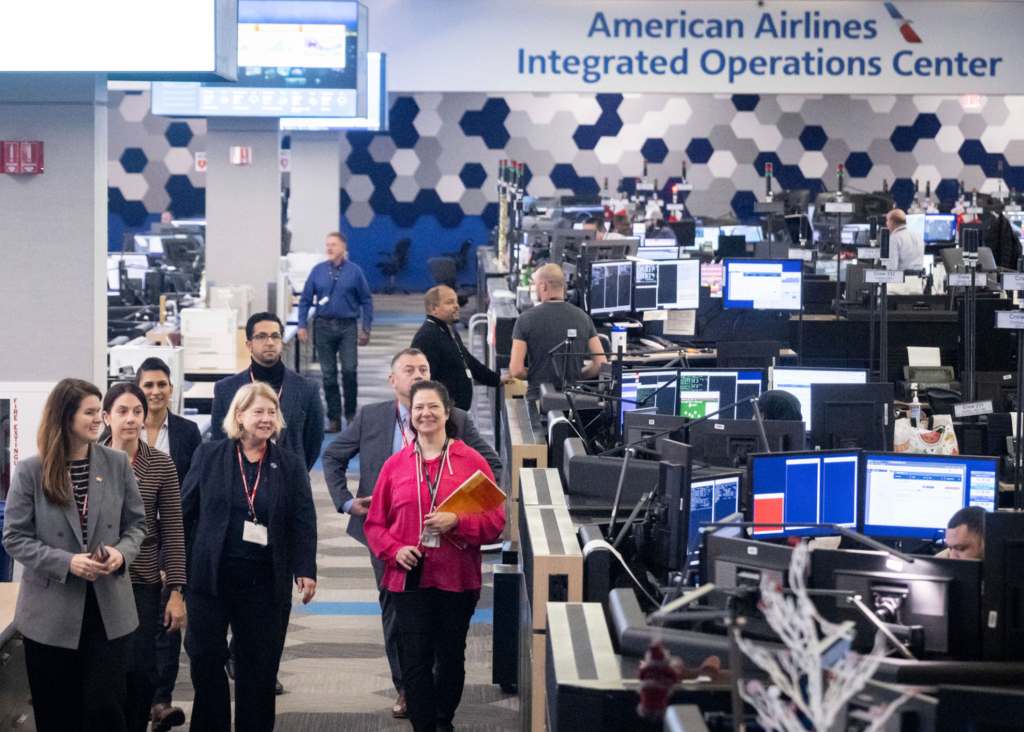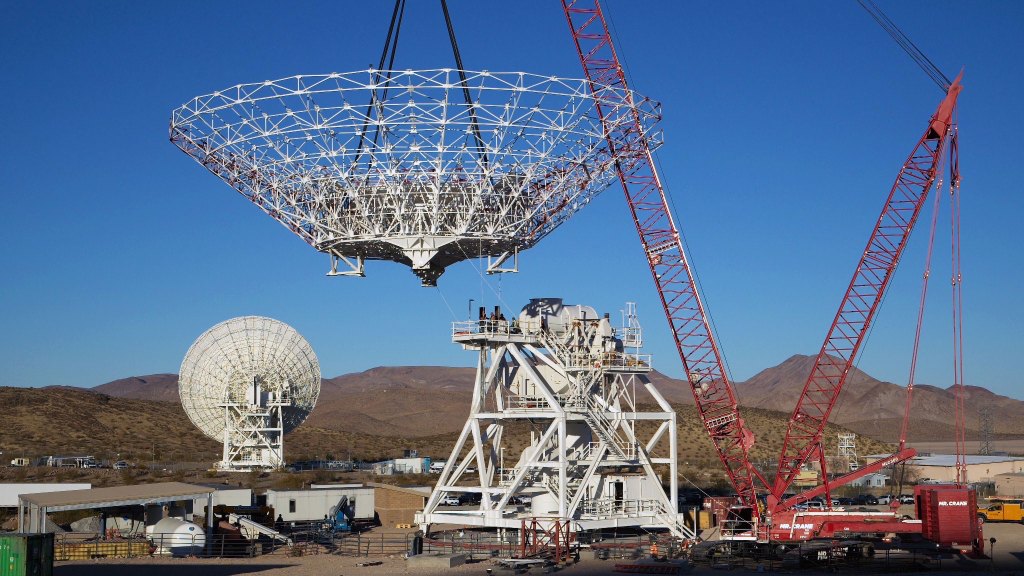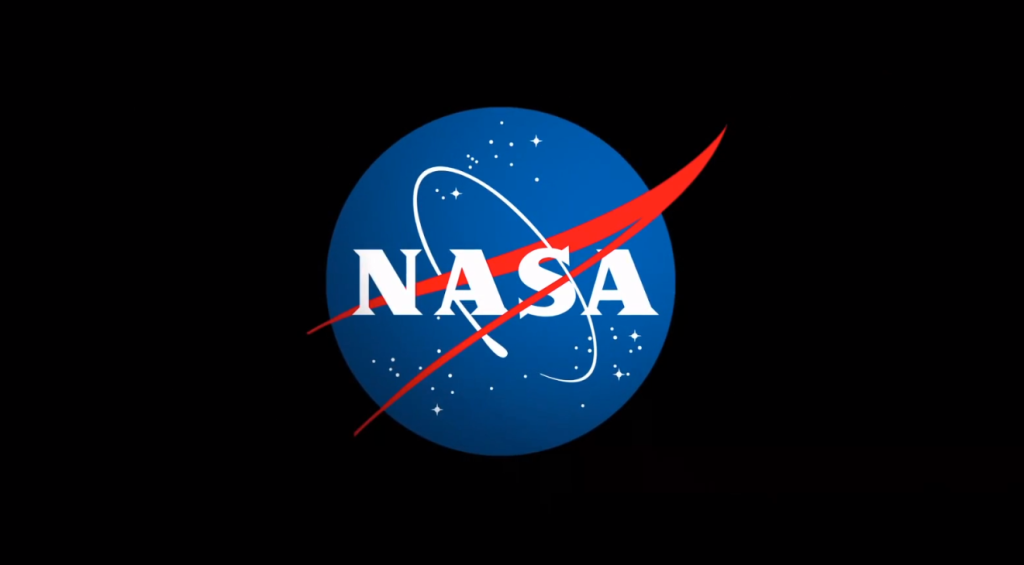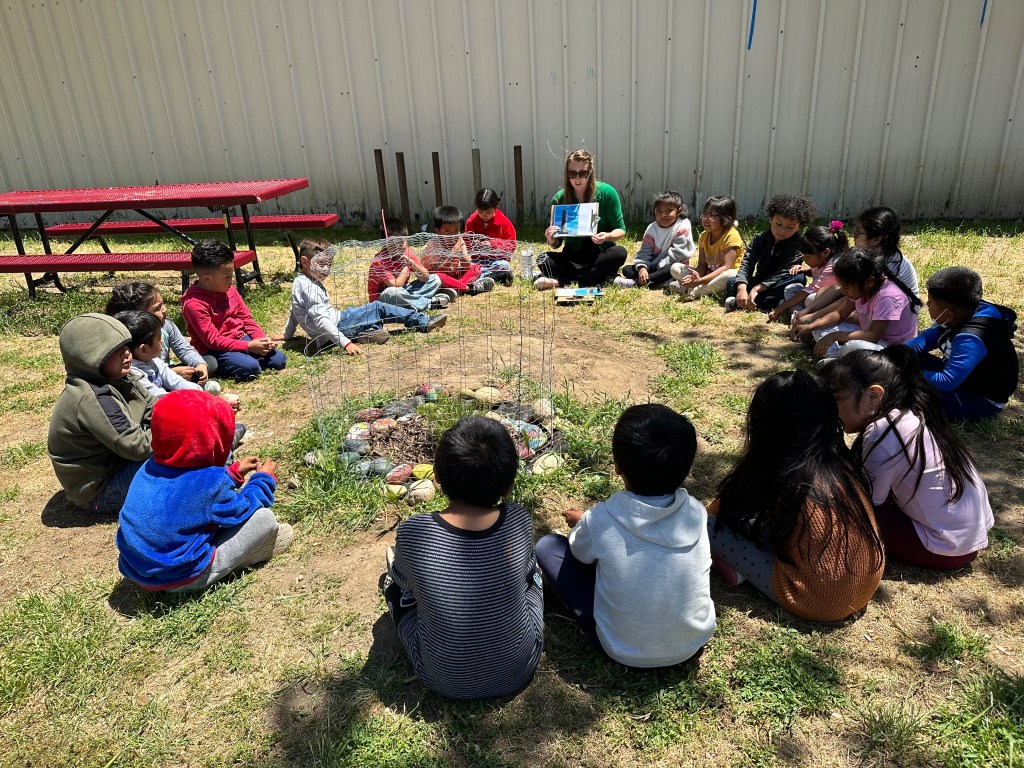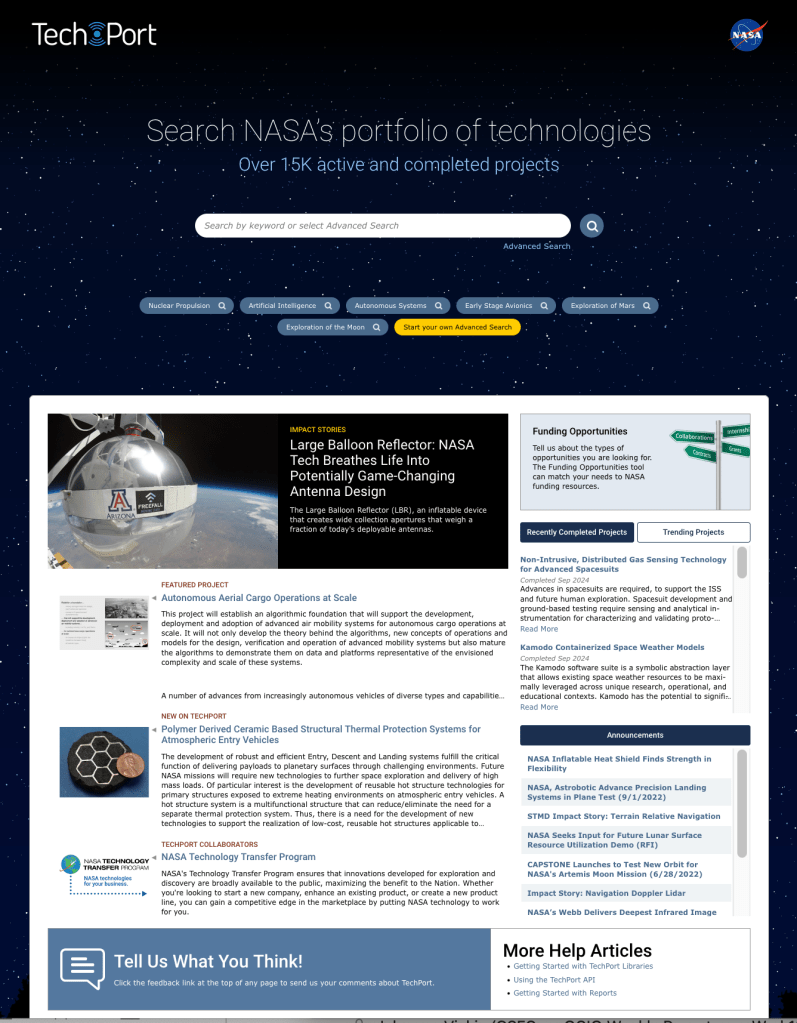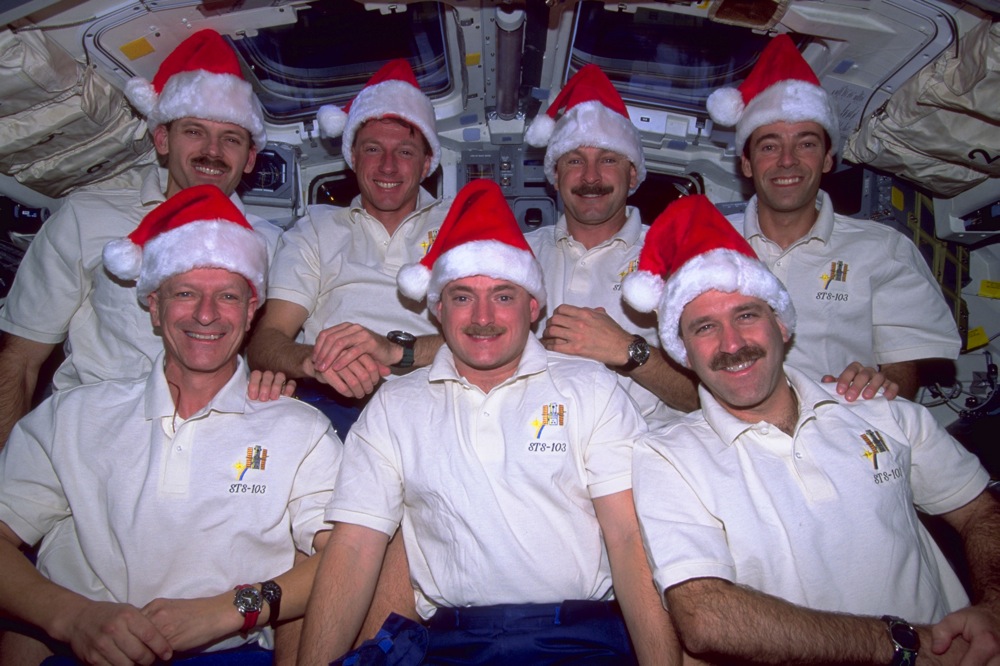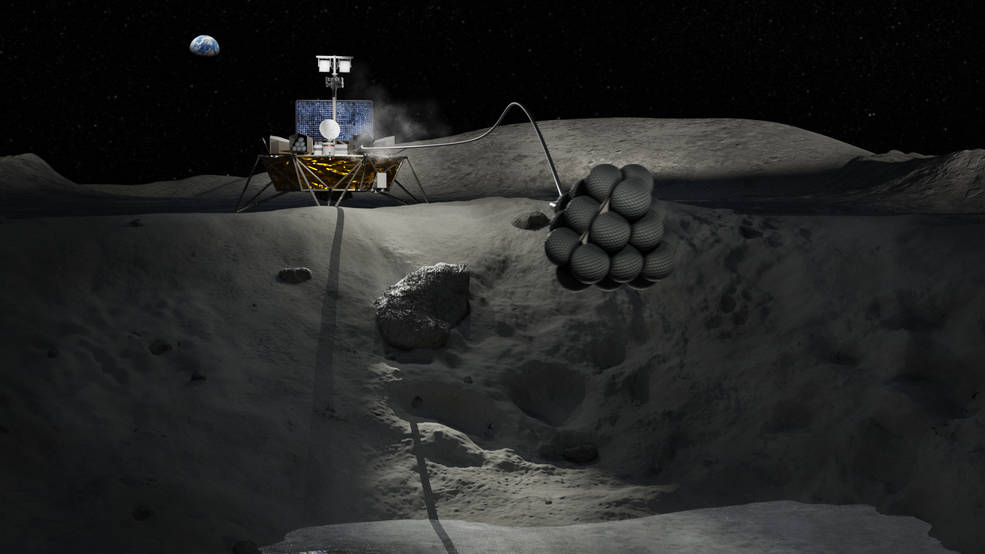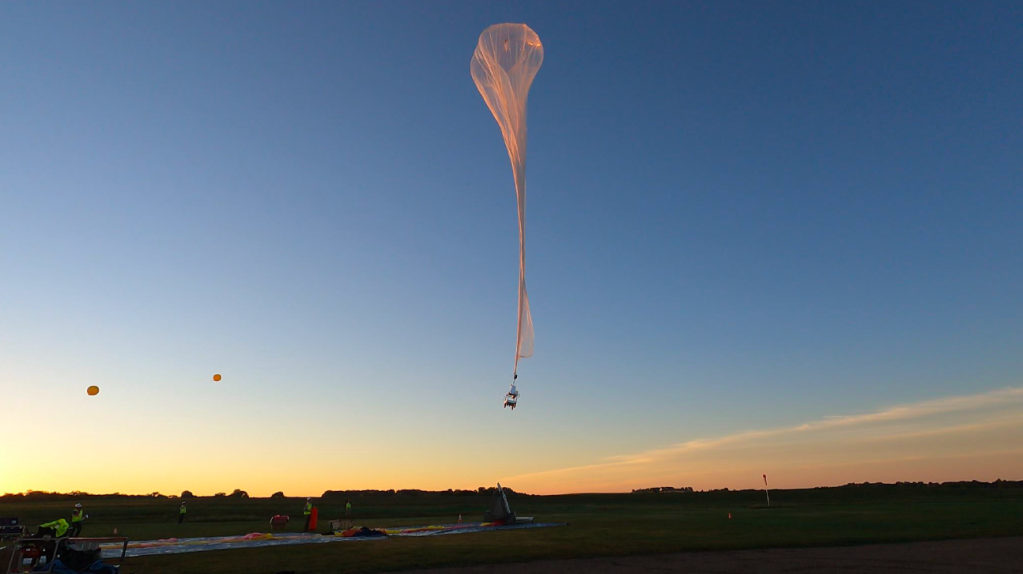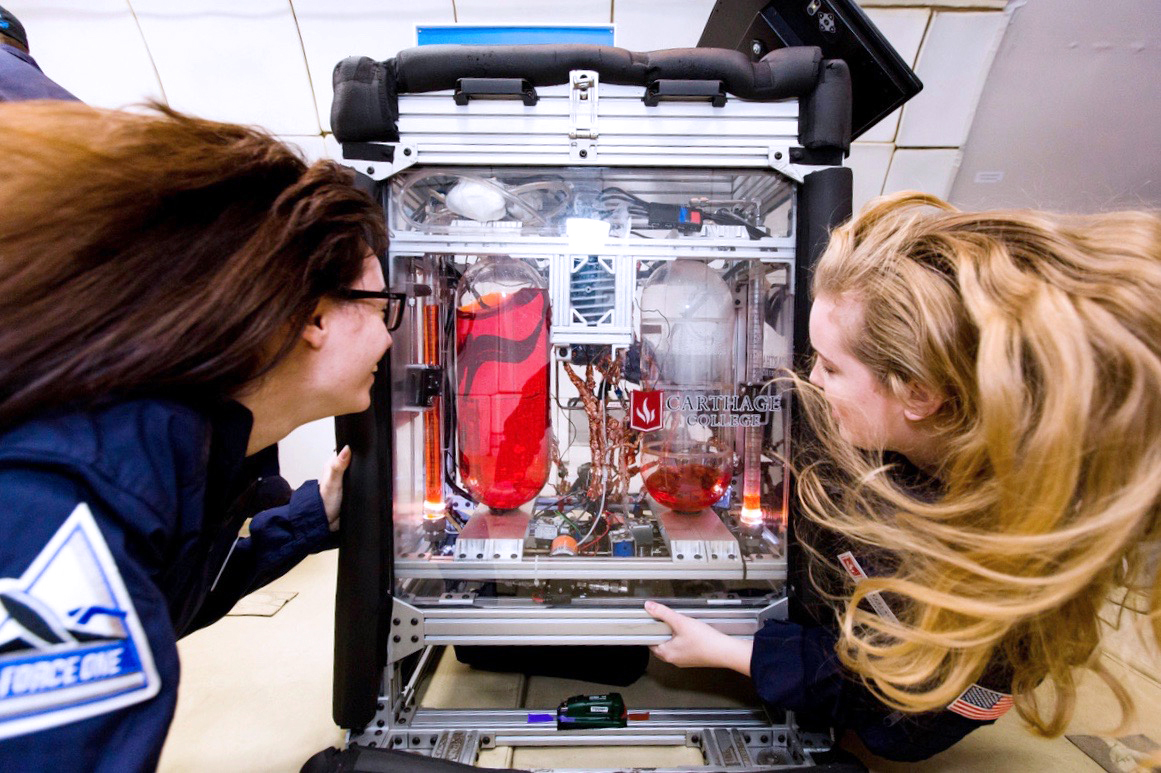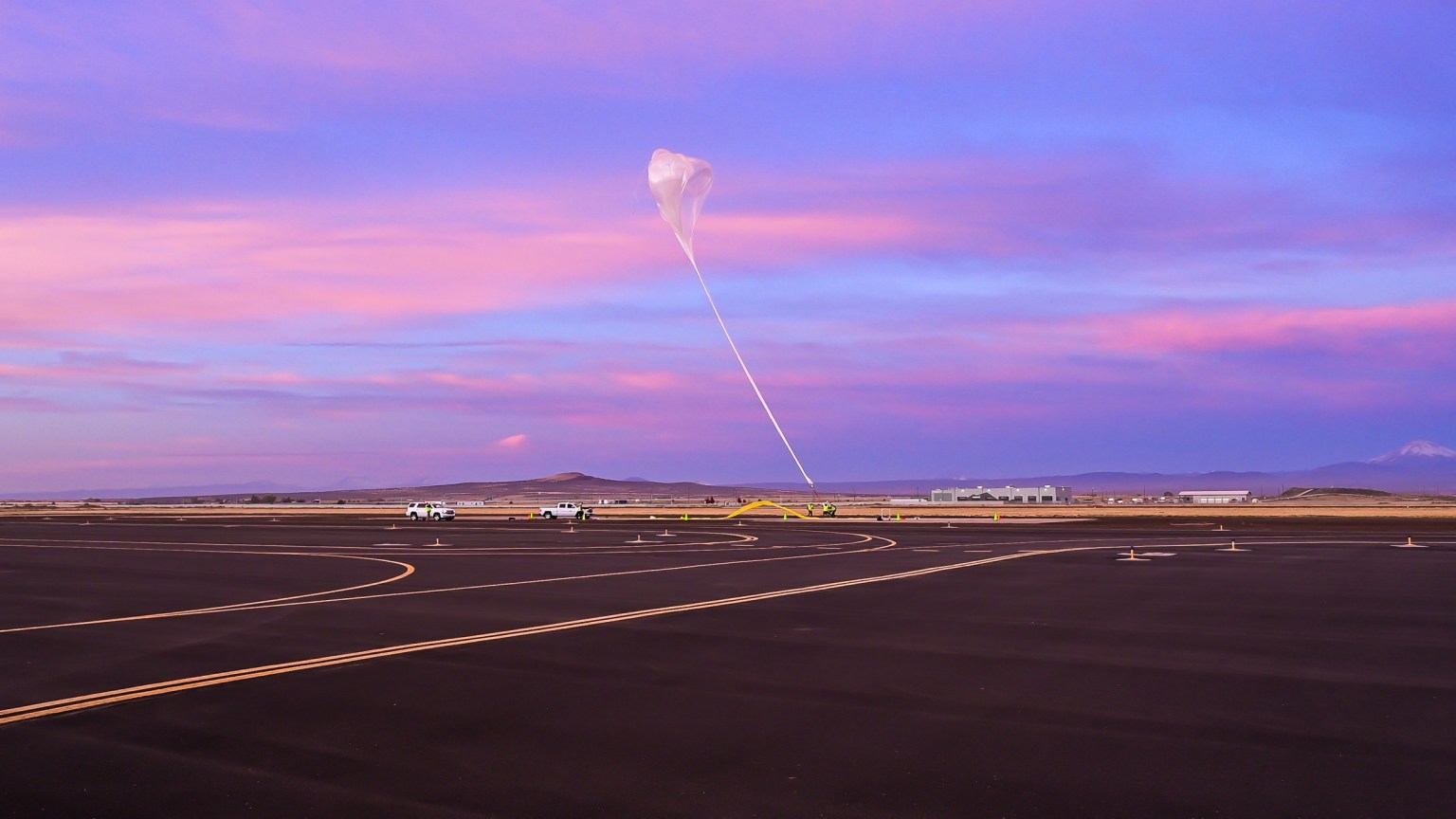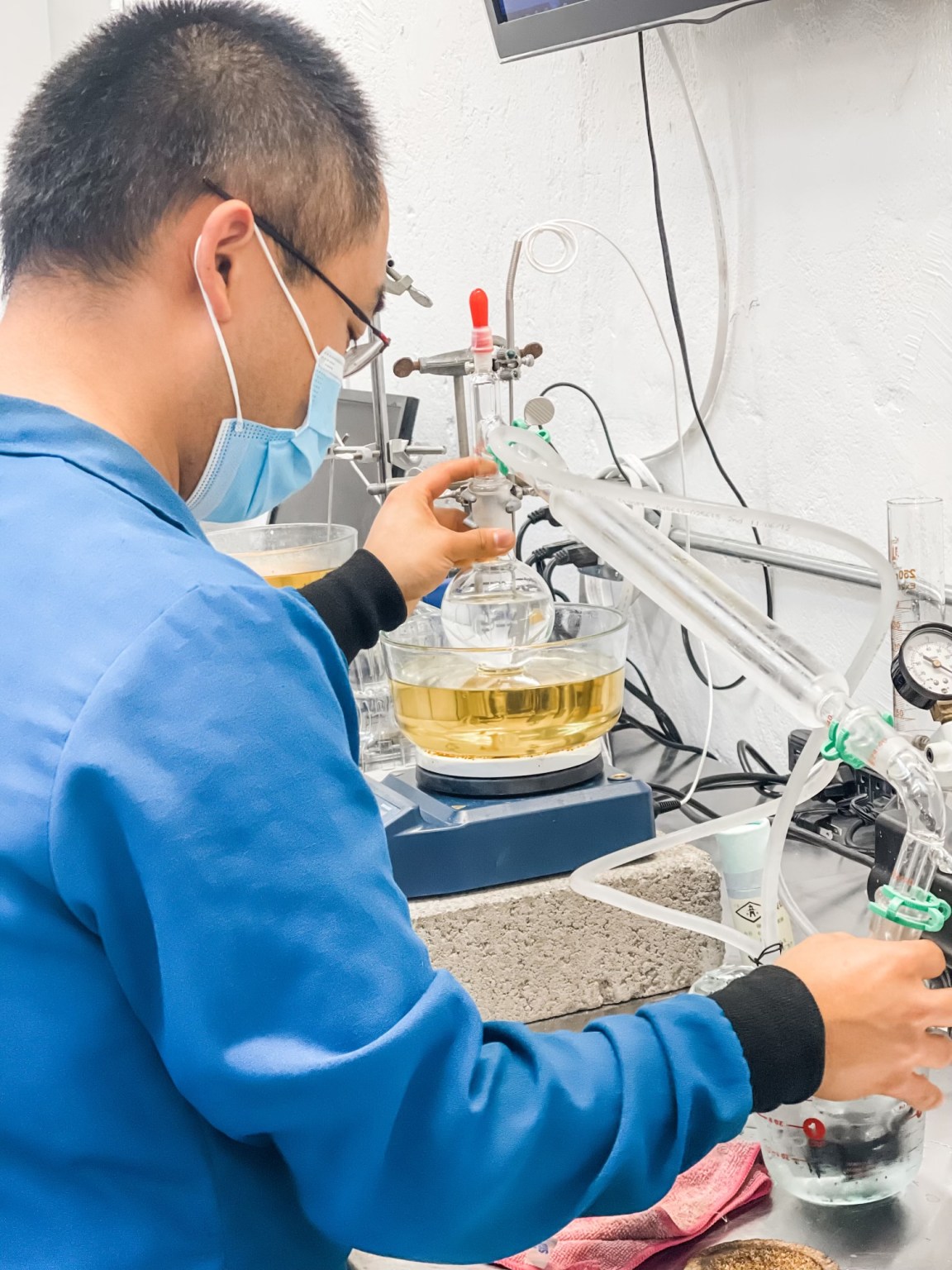
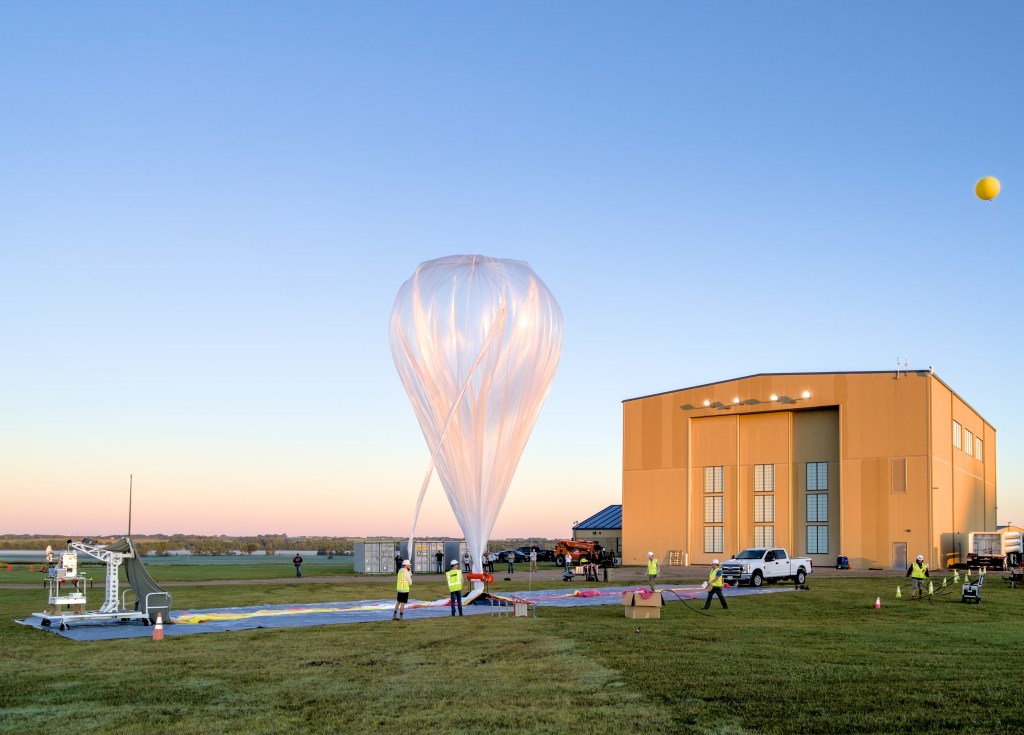
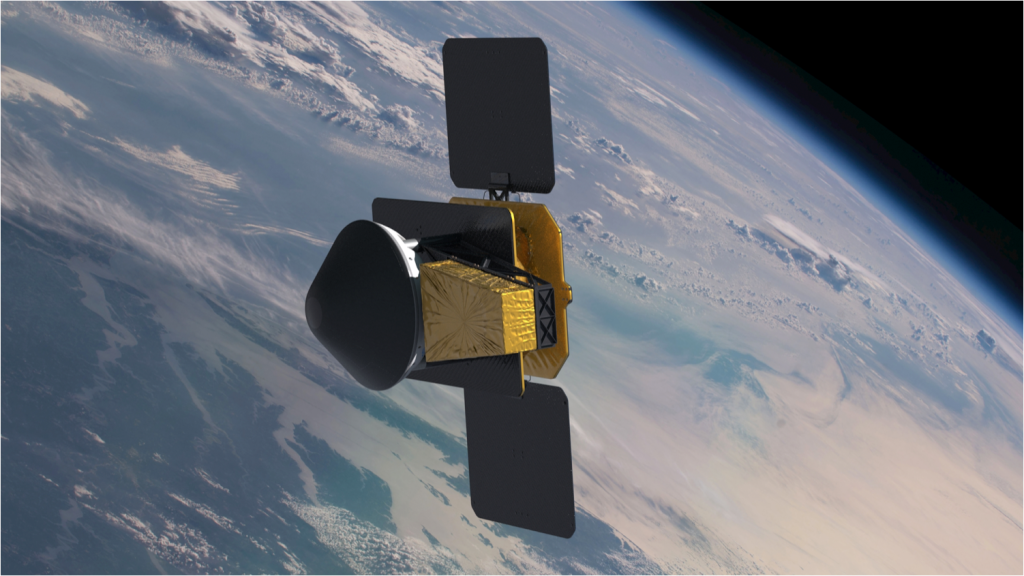
TechLeap Universal Payload Interface Challenge Selections
This challenge invited applicants to propose an optimized “system of systems” to enable easy integration of diverse technology payloads onto various commercial suborbital vehicles, orbital platforms, and planetary landers. The goal is to seamlessly adapt a wide range of small space payloads — be they technologies, laboratory instruments, or scientific experiments — for flight testing.
NASA TechLeap Prize
Universal Payload Interface Challenge
Selections Announced
June 4, 2024
Number of Awardees
3
Total Expected Prizes
Up to $1.9 million + flight tests
About the Challenge | The Winners | News | Other Challenges
Integrating Diverse Space Payloads onto Flight Vehicles
The process to ensure payloads can properly interface with a host vehicle for flight testing is currently complex, time-consuming, and can vary greatly from vehicle to vehicle as well as between suborbital flights, orbital flights, and beyond, which puts an increased burden on the technology development effort. Reducing the cost and complexity of payload integration will help accelerate the pace of technology maturation to support future space exploration missions.
The winners of the University Payload Interface Challenge receive an initial $200,000 award with the opportunity to win additional awards for a total of up to $650,000 plus the opportunity to flight test their interface system at no cost. Winners proceed through two rounds of building their system, with site visits by field judges. Those that meet specified technical guidelines have five months to integrate their system with a NASA-provided payload onto a NASA-assigned flight vehicle.
The Winners
Aegis Aerospace
Easy-to-Use Payload Interoperable Integration Carrier (EPIIC)
EPIIC is a modular experiment and payload adapter designed around a CubeSat construct, enabling simple, rapid, and interchangeable integration onto suborbital vehicles and lunar landers. The design proposed by Aegis Aerospace optimizes mass and volume, and leverages spaceflight-proven hardware.
Learn more about Aegis Aerospace
Ecoatoms
Apparatus for Nominal Integration with Minimal Adaptations (ANIMA)
Proposed by Ecoatoms, ANIMA consists of an interchangeable adaptor on the side of the vehicle, a universal connector, and an on-board computer that is designed to take payloads from suborbital to lunar demonstrations with minimal adaptations.
UCLA SPACE Institute – ELFIN Student Team
Software-Defined Payload Interface (SDPI)
The proposed SDPI system leverages a system-on-a-chip approach that allows the payload developer to define the digital and power interfaces via software. The low-cost SDPI leverages prior successful flight engineering experience of the ELFIN (Electron Losses and Fields Investigation) Student Team at the SPACE Institute of the University of California, Los Angeles (UCLA).
Learn more about the ELFIN Student Team
More information is available on the NASA TechLeap website for this challenge. Carrot is the challenge administrator for NASA’s TechLeap Prize.

